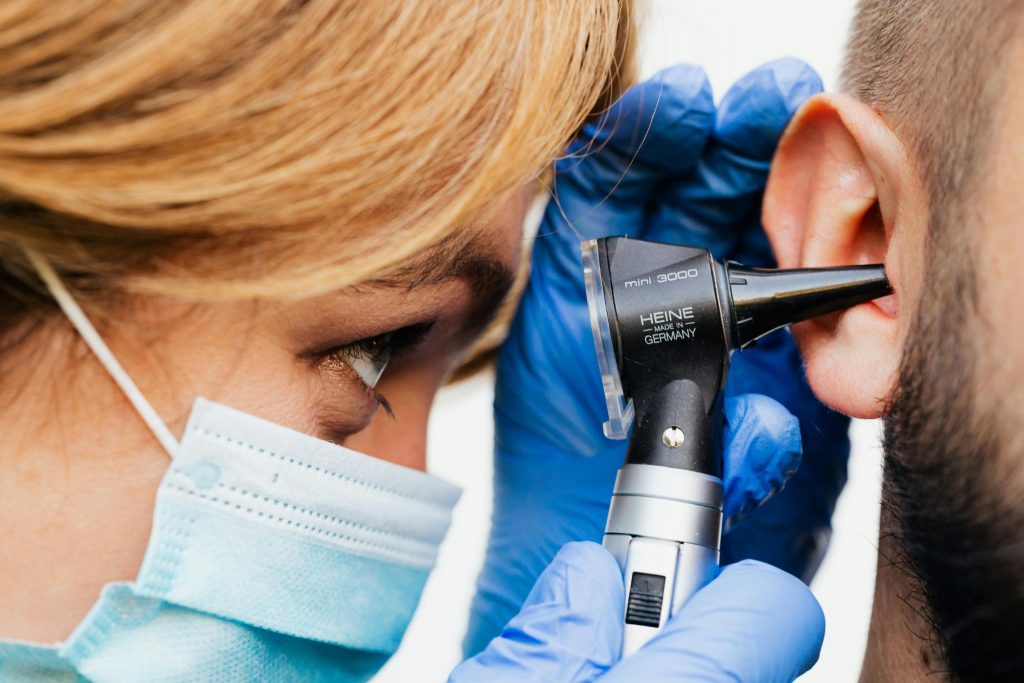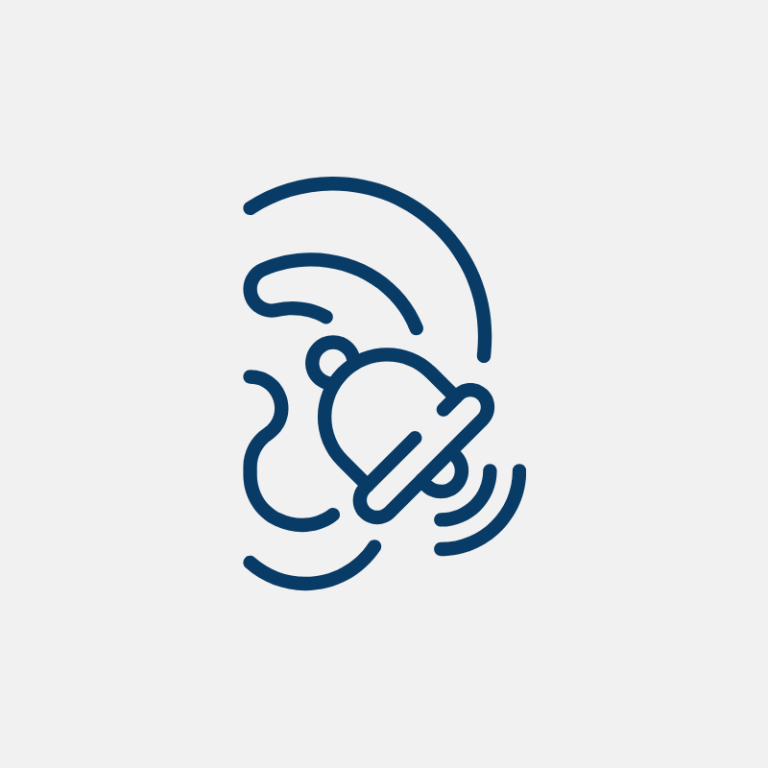What is a Perforated Eardrum?
A perforated eardrum, also known as a ruptured eardrum or burst eardrum happens when the tympanic membrane or eardrum becomes damaged. This can be in the form of a rupture, hole, or tear. They can be painful and come with a host of different symptoms as well as a range of complications such as hearing loss and infection. They usually heal themselves but occasionally you may need medication or surgery to treat a perforated eardrum.



